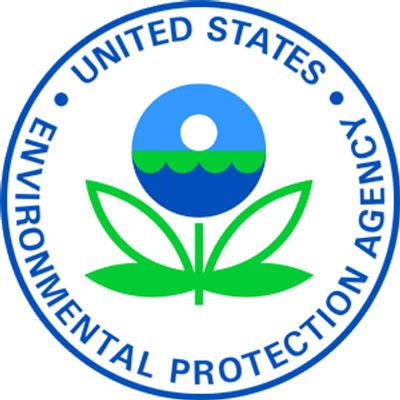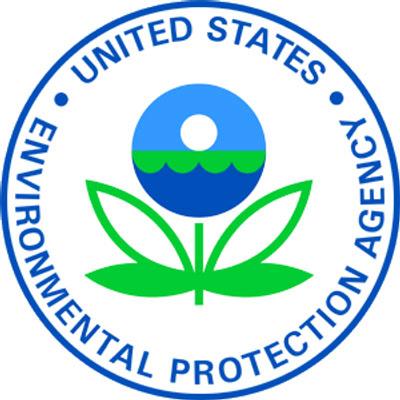Chemical Industry, Environmentalists Unite on Toxic Substances Control Act Legislation
April 29, 2015

The EPA is responsible for chemical safety issues, and it does so under the auspices of the 40-year-old Toxic Substances Control Act (TSCA), which is considered to be sufficient by almost no one. Environmentalists often decry the law as too vague and permissive, while the chemical industry criticizes it as too cumbersome, contrary, and restrictive. Nearly everyone agrees that the TSCA needs an overhaul.
In some cases, individual states have taken it upon themselves to pass preemptive laws that are more restrictive than the TSCA -- California is a standout example -- which has left manufacturers with a patchwork of state and federal regulations to follow. This complexity costs them money and leaves them at risk of non-compliance, and they face the ludicrous task of manufacturing and marketing products with different formulas within the country.
In an effort to update the TSCA, Congress has introduced two bills with similar goals. In the House, the TSCA Modernization Act was introduced by Reps. John Shimkus (R-Ill) and Frank Pallone (D-NJ). That bill is currently with the House Energy and Commerce Subcommittee on Environment and the Economy. In the Senate, the similar but more comprehensive Frank R. Lautenberg Chemical Safety for the 21st Century Act was introduced by co-sponsor Senators David Vitter (R-La) and Tom Udall (D-NM).

The Senate bill would alter the TSCA in several notable ways. It establishes a risk-based prioritization process for testing chemicals for safety -- 25 high-priority chemicals in particular -- and strengthens deadlines for evaluation. It also clarifies that cost considerations can't be considered a factor in determining the safety of a substance, and codifies rules regarding confidential business information claims. The bill explicitly mandates that chemicals cannot be manufactured until the EPA has approved them.
Both the House bill and the Lautenberg Act have attracted broad support from chemical industry interests. The American Chemistry Council has gone on record supporting the legislation, as has the Society of Chemical Manufacturers and Affiliates (SOCMA).
MORE FROM DESIGN NEWS: The Growing Problem of e-Waste
Dan Newton, senior manager of chemical risk management policy and advocacy for SOCMA, told Design News the organization is confident of the passage of both bills, though there are some parts that SOCMA believes could benefit from clarification.
"There are a few areas we would like to see improved," he said. "One major area has to do with preemption, and that ties in to the 25 chemicals that are listed as high priority. The House bill avoids that issue by maintaining preemption, as it is under the status quo. We would support some specific workload requirement, but we're not sure exactly what that looks like." (Small adjustments would likely be made during the reconciliation of the two bills before final passage.)
Some environmental groups have criticized the Lautenberg bill's rule that would prevent states from preempting federal regulation even on substances that have yet to be subject to federal regulation. SOCMA says these concerns are overblown, because the scope of the preemption rules are very narrow.
"It's important to understand that preemption would only occur for a particular use for that chemical," Newton told us. "It doesn't mean that all uses would be preempted. It's a really narrow scope. I think that's one thing that's getting lost."
It's a common opinion in the chemical industry that a strengthened TSCA, with enhanced authority, will require some changes to state preemption rules. In the long run, Newton said, a better TSCA would provide states with confidence in the federal law and eliminate the need for state preemption.
Not all environmental groups are opposed to the new bills. The Environmental Defense Fund (EDF) has offered its support of the Lautenberg Act, noting that, "After years of denial, many companies are now willing to accept more regulation to secure a predictable system that restores consumer confidence in the safety of their products."
The EDF has stated that given the sheer number of chemicals today, the challenge of regulating chemicals is far too big for product companies, retailers, or states to handle on their own.
"We need a robust national program, rather than the current piecemeal approach that leaves many without any protections whatsoever," the group said.
Tracey Schelmetic graduated from Fairfield University in Fairfield, Conn. and began her long career as a technology and science writer and editor at Appleton & Lange, the now-defunct medical publishing arm of Simon & Schuster. Later, as the editorial director of telecom trade journal Customer Interaction Solutions (today Customer magazine) she became a well-recognized voice in the contact center industry. Today, she is a freelance writer specializing in manufacturing and technology, telecommunications, and enterprise software.
Design engineers, New England's premier design and manufacturing event, Design & Manufacturing New England, will take place in Boston, May 6-7, 2015. A Design News event, Design & Manufacturing New England is your chance to meet qualified suppliers, get hands-on with the latest technologies, be informed, and expand your network. Learn more here.
About the Author(s)
You May Also Like





